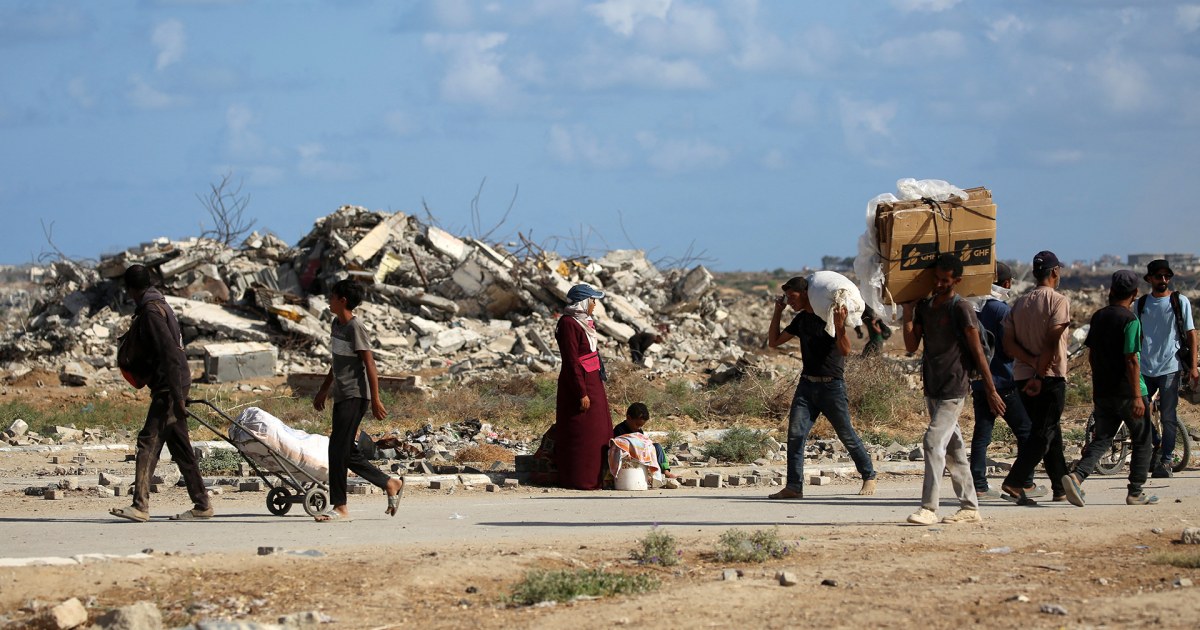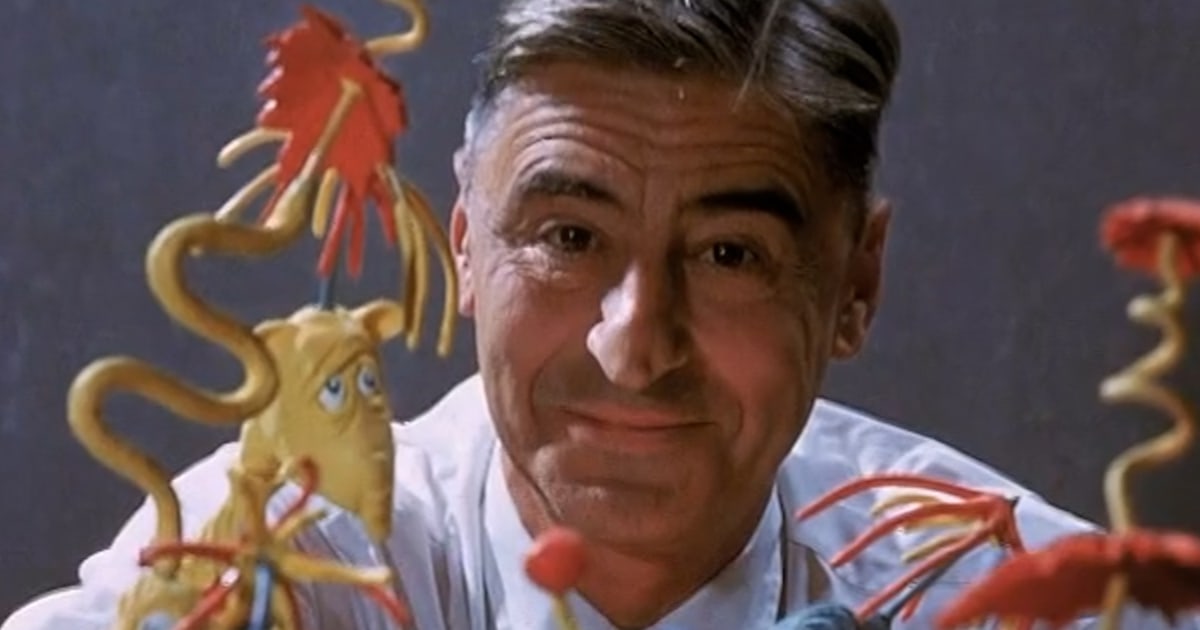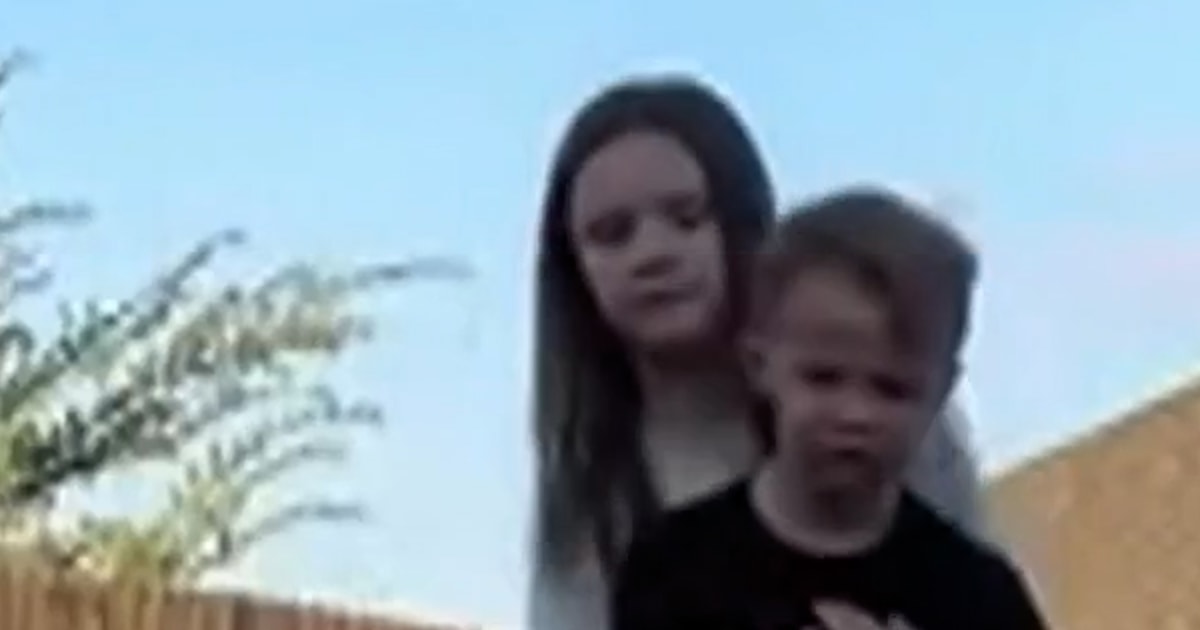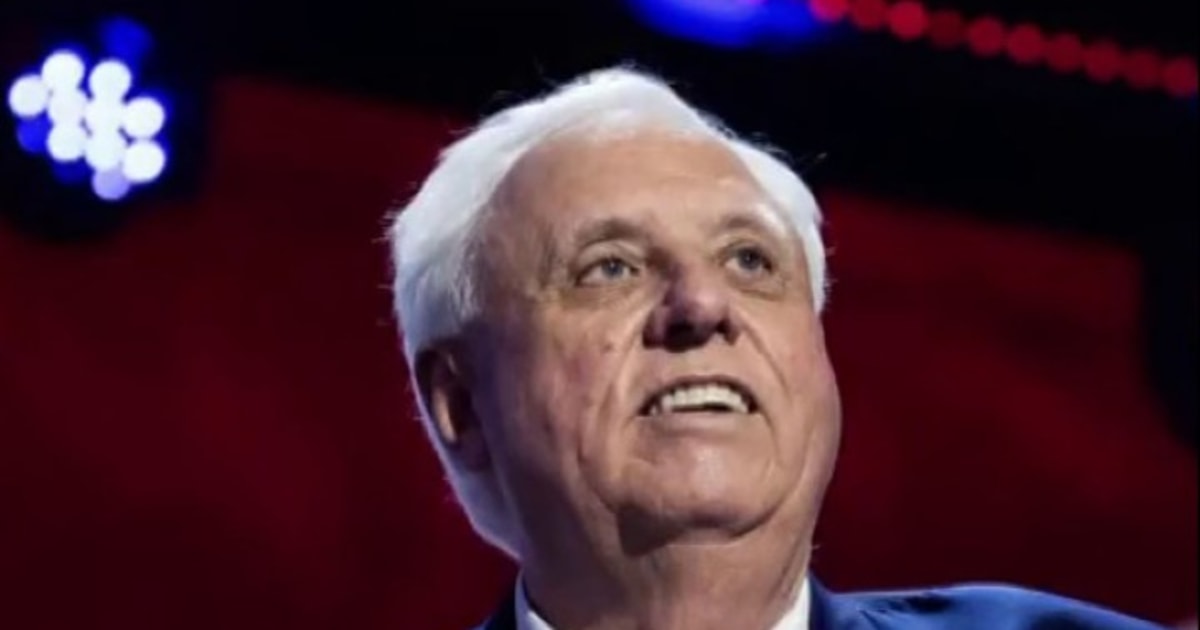Palestinians in the Gaza Strip reflected on the two years of war that followed the Oct. 7, 2023, Hamas-led terrorist attack on Israel. They hoped that the latest Gaza talks would result in a ceasefire and a “final end to the war.”
Source link
Palestinians want ‘final end to the war’ in Gaza two years after Oct. 7




